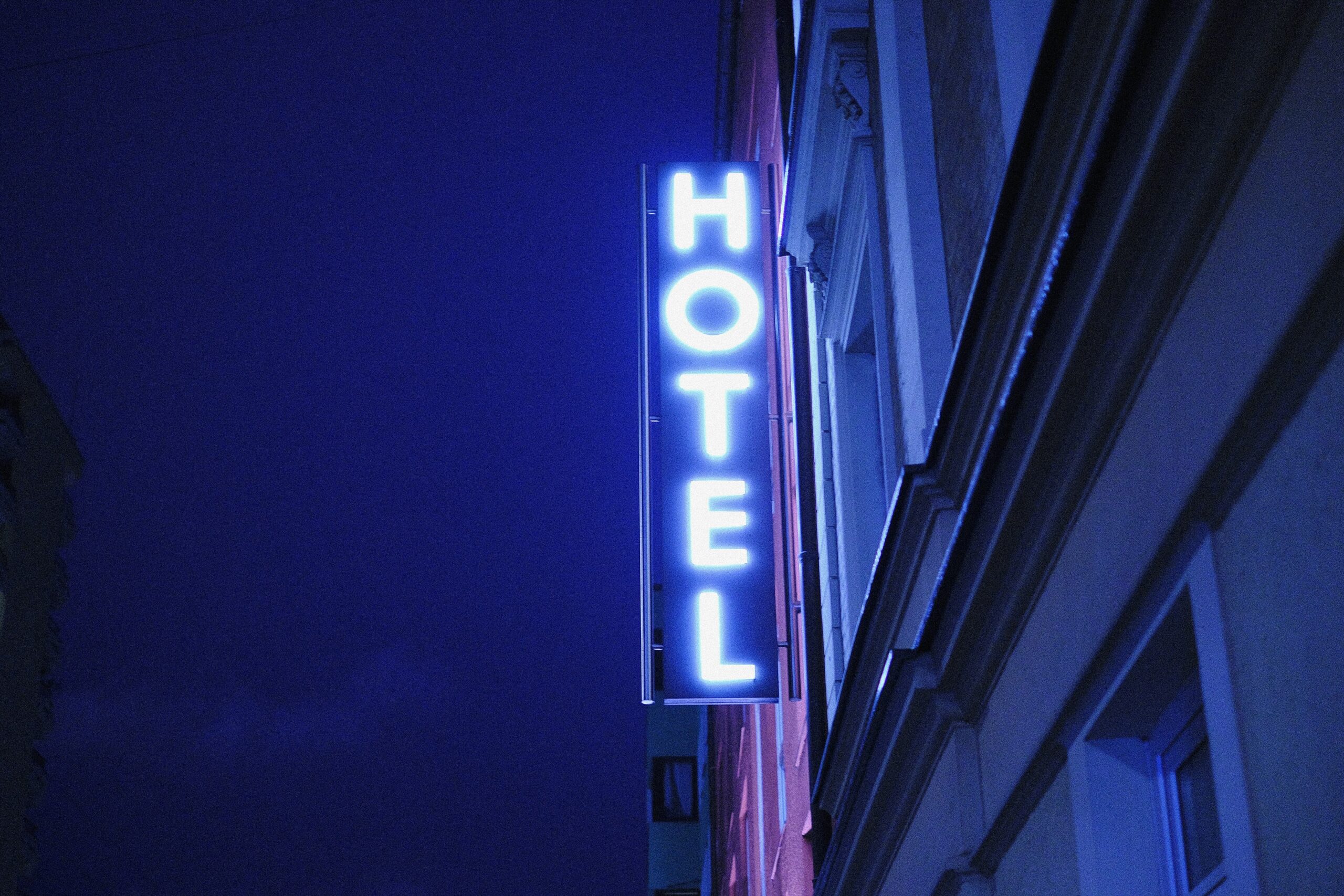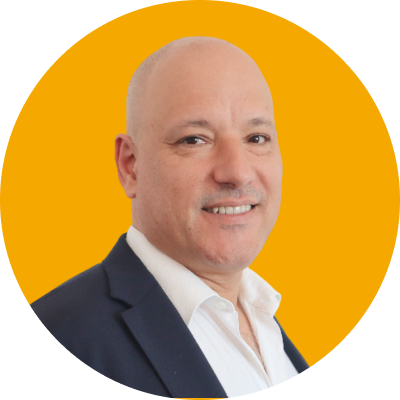
Viewpoint
International investors reshape the german-speaking hotel market
The recent acquisition of Munich-based hotel group Motel One by French investor PAI Partners underscores the growing interest of international investors in the German-speaking hotel market.
Over the past two decades alone, eight hotel brands in Germany have been acquired by international investors or hotel groups, including Innside (Melià, 2007), Steigenberger (Huazhu/H World, 2019), prizeotel (Radisson, 2019), 25hours (Accor, 2016–2020), me and all (Hyatt, 2024), Novum (IHG, 2024), Ruby (IHG, 2025), and now Motel One (PAI, 2025). A similar trend can be observed in Austria, exemplified by Wyndham’s acquisition of Vienna House in 2022.
These consolidations are not only accelerating international expansion for the brands involved but are also reshaping the competitive landscape in German-speaking markets. Mergers create synergies that allow combined brands to offer more competitive pricing, putting pressure on independent hotel operators and locally owned brands. But what makes German and Austrian hotel brands so attractive to international investors
A Prime Target for Private Equity Investors
Germany and Austria present compelling opportunities for private equity investors and major hotel groups looking to expand, gain market share, and invest in innovative concepts. The region’s hotel industry still holds significant growth potential, particularly as it recovers from the pandemic and remains dominated by independent boutique hotels. Despite challenges such as geopolitical tensions and inflation, the hotel real estate market has remained resilient, with asset prices holding steady. While banks remain cautious, investors with strong equity positions can take advantage of favorable conditions, including lower valuations and declining interest rates, to make strategic acquisitions.
At the same time, Germany and Austria serve as a testing ground for new hotel concepts, particularly those integrating sophisticated design, digital processes, and efficient space utilization. Brands like Ruby, with its “Lean Luxury” model, and Motel One, which combines high-quality design with compact rooms and lifestyle-oriented public spaces, have successfully tapped into shifting guest preferences. These well-defined concepts offer substantial growth potential, further amplified by investor capital. By acquiring and scaling successful brands, private equity firms can rapidly enhance value and generate strong returns upon resale—a strategy clearly reflected in PAI Partners’ acquisition of Motel One.
Unlike institutional investors, private equity firms have more flexibility in structuring deals, as they are not limited to real estate investments that rely on lease agreements. Instead, they can acquire entire hotel brands along with their operating businesses.
In the case of Motel One, PAI Partners is not just acquiring the brand but also an 80% stake in its operating company, currently valued at approximately €3.5 billion. Meanwhile, founder Dieter Müller retains ownership of the recently separated real estate division, allowing him to continue supporting Motel One’s expansion through property development. The deal also ensures continuity in leadership, with Müller staying on as chairman and the current management team—including Co-CEOs Daniel Müller and Stefan Lenze—remaining in place.
Through its partnership with PAI, Motel One gains access to additional financial resources and strategic expertise to accelerate its growth. According to Dieter Müller, organic expansion alone would not be sufficient to keep pace with market developments. Partnering with PAI allows Motel One to take its expansion to the next level. The transaction is expected to close in Q2 2025, pending regulatory approvals, with a decision on a potential IPO now in the hands of PAI Partners.
International Hotel Groups Driving Consolidation
Just weeks before the Motel One deal, in mid-February 2025, British hotel giant InterContinental Hotels Group (IHG) announced the acquisition of the “Lean Luxury” brand Ruby for €110.5 million. Unlike the Motel One transaction, Ruby’s lease agreements will remain with the Ruby Group, allowing IHG to expand the brand internationally through a franchise model, particularly in the U.S. and Asia.
For Ruby, the acquisition provides access to IHG’s global distribution network, marketing platforms, and loyalty programs, helping to reduce customer acquisition costs and increase revenue per available room (RevPAR). According to founder Michael Struck, IHG was chosen as a strategic partner due to its track record of preserving brand identity and culture while integrating new brands. The deal also benefits real estate partners by improving leasing conditions through stronger financial backing and higher profit margins. The overarching goal is to establish Ruby as a leading global brand in the “affordable luxury” segment while maintaining its unique, space-efficient hotel concept.
Unlike private equity firms, which typically acquire businesses to enhance their value and sell them at a profit, international hotel groups like IHG focus on long-term strategic growth. By acquiring brands like Ruby, they can quickly expand their portfolios, capture additional market share, and generate steady revenue through franchise fees. This approach offers a lower-risk entry into new markets while ensuring consistent financial returns.
A similar example of brand consolidation is the acquisition of the Vienna House hotel management company by Berlin-based HR Group. As a multi-brand hotel operator, HR Group had no interest in owning a hotel brand itself and subsequently sold Vienna House to Wyndham. Under this arrangement, HR Group retains lease agreements and operational control of the hotels, while Wyndham now operates them under a long-term franchise model. This deal added around 40 hotels and over 6,000 rooms to Wyndham’s portfolio.
Who’s Next?
With consolidation accelerating across the German-speaking hotel market, the question is not if more acquisitions will happen—but which brand will be next. Could this trend extend to Switzerland?
According to Michael Schnürle, Senior Consultant at Horwath HTL, the next wave of consolidation could focus on serviced apartments, a rapidly growing segment. “We’ve already seen individual acquisitions in this space,” says Schnürle. “I wouldn’t be surprised if Limehome is the next brand to secure international investment to scale its expansion.”
As international investors continue their search for high-potential hospitality brands, further deals seem inevitable. The coming years will determine which players emerge as the dominant forces shaping the future of the German-speaking hotel market.





